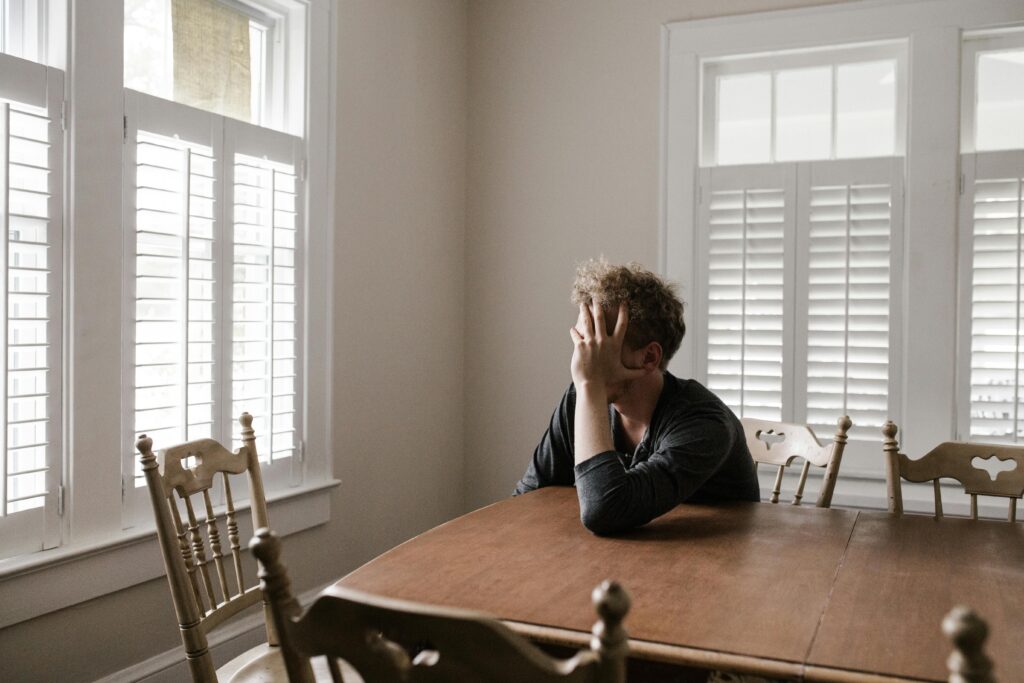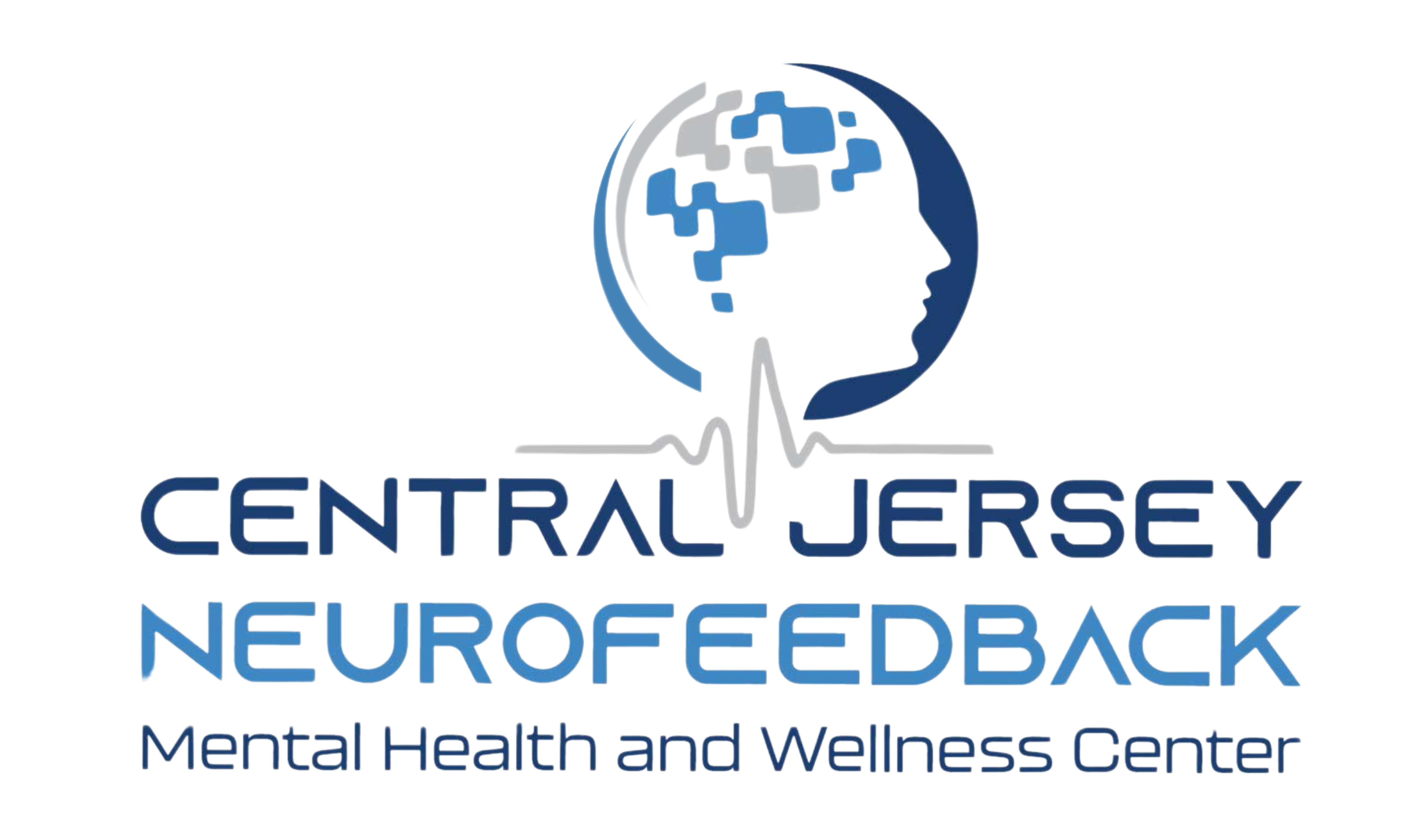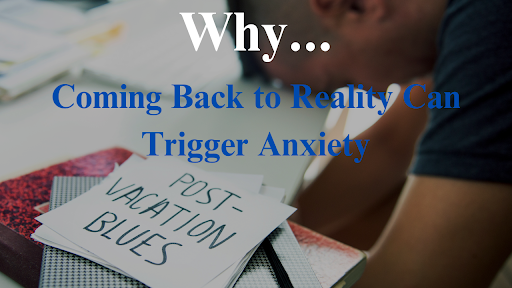Post-Vacation Blues: Why Coming Back to Reality Can Trigger Anxiety
The eagerness for a trip is incomparable—new places, encounters, and a break from daily plans. Even as the vacation finishes, numerous people find themselves experiencing a wave of anxiety known as “post-vacation blues.” This phenomenon is surprisingly ordinary, and getting awareness about its origins can help relieve the sadness related to going back to reality. In this article, we’ll investigate the causes behind post-vacation blues, the mental outcomes, and some ways to help this post-travel anxiety.
Understanding Post-Vacation Blues
Post-vacation blues call attention to emotions of sorrow, anxiety, or even a feeling of loss after coming back from a trip. This feeling isn’t simply about missing the relaxation; it can stem from various psychological shifts experienced during travel. While post-vacation blues would be non-permanent, they can remarkably influence a person’s emotional state, productivity, and inclusive mental well-being.
Why Does This Happen?
The reasons for post-vacation anxiety vary, but common causes include:
- Disruption of Routine:
Vacations break the monotony of daily life, offering a fresh, exciting change. Coming back to a regular routine may feel restrictive, guiding you to unease.
- Expectation vs. Reality:
Travel frequently presents a feeling of privilege and adventure that shows complete variation with everyday living. Returning to a work-driven or fast-moving environment can be irritating.
- Psychological Reset:
Vacations offer a mental reset, allowing individuals to recharge. However, returning to familiar stressors and obligations can undo these mental benefits quickly.
Symptoms of Post-Vacation Anxiety
It can manifest in various ways, such as:
1. Low Mood:
Emotions of sorrow or moodiness are usual when restarting daily activities.
2. Increased Stress:
The idea of catching up on work or meeting time limits could stimulate anxiety.
3. Sleep Disturbances:
Altered sleep patterns during vacation may lead to trouble readjusting.
4. Lack of Motivation:
The excitement of travel can make day-to-day jobs feel boring and challenging to control.

The Psychological Impact of Returning from Vacation
Vacations come up with more than a physical break; they provide a mental one as well. Encountering new circumstances, lifestyles, and ideas refreshes the mind, generating memories that aren’t part of our everyday routine . These encounters can guide us to a feeling of detachment from everyday truth, which becomes recognizable once we’re back.
Furthermore, travel permits us to break free from our fixed roles—whether as a professional, a parent, or a student—encouraging a feeling of freedom. Returning and stepping into those roles once more can originate anxiety and mental health issues.
How to Manage Post-Vacation Blues
1. Plan Downtime:
Ease back into your routine by allocating a buffer day after returning. This helps you adjust gradually and prevents immediate overwhelming feelings.
2. Incorporate Vacation Habits:
If you enjoyed morning walks or journaling while traveling, try incorporating similar habits at home to keep the positive momentum going.
3. Reframe Your Perspective:
Remind yourself of the memories made and how they contribute to your overall happiness. Journaling about your trip can help maintain those positive feelings.
4. Set Small Goals:
Tackle tasks step-by-step instead of attempting to catch up all at once. Breaking tasks down can make the transition more manageable.
5. Practice Mindfulness:
These exercises, such as meditation or deep controlled breathing, can help focus thinking and diminish anxiety connected to coming back to work or other responsibilities.
Tips for Avoiding Post-Vacation Blues in Future Trips
While it might seem inevitable, a few steps can make a significant difference:
- Pace Your Return:
If able to be done, plan to come back a day or two before beginning work to slowly move back to your daily life.
- Bring the Vacation Home:
Unite some vacation elements into your schedule, whether it’s listening to music you find on the trip or cooking a dish from your travels.
- Create New Plans:
Moving forward to future plans, even little ones, can help keep you cheer up and fight against the sense of loss when a vacation ends.

Conclusion
Encountering post-vacation blues is natural, it is a usual reaction to the end of a satisfying experience. Awareness of the mental switch that originates from this event, and executing thoughtful plans can relieve anxiety. These small changes can also allow you to continue the joy of your travel memories. Next time you detect the familiar wave of feelings of post-vacation blues, think about it as just part of the traveling experience, and with a little effort, you’ll find yourself back in the swing of things—probably with a refreshed viewpoint.
FAQ
Q1. How long do post-vacation blues typically last?
It could remain from a few days to a couple of weeks, depending on the individual and the length of the vacation.
Q2. Would it be normal to feel anxious after a vacation?
Yes, feeling anxious after a vacation is common. The unexpected move from peacefulness back to structure can lead to feelings of unease or anxiety.
Q3. Can planning my next vacation help with post-vacation blues?
Yes, arranging a future trip or even a small tour can give you something positive to look ahead to.
Q4. Are there long-term effects of post-vacation blues?
For many people, post-vacation blues are short-term. Although if emotions of anxiety or sadness continue, it might be helpful to talk with mental health experts.
Q5. How can I prevent post-vacation blues?
Blocking post-vacation blues involves keeping a sense of stability during the trip, permitting yourself a shield day before work, and embracing enjoyable elements from the vacation into your daily life.


